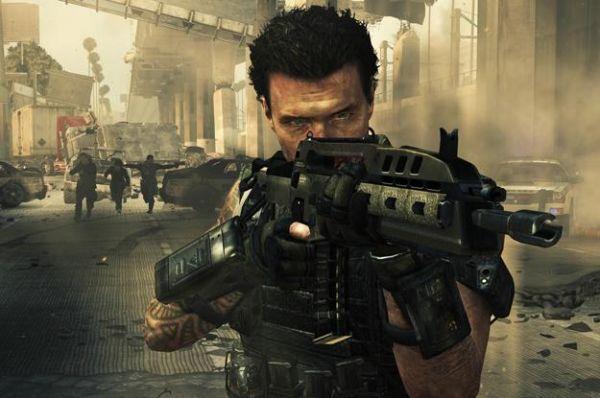
The business of trading massive international corporations isn’t fundamentally different from any other business. The same maxim of buy low before selling high applies. After five years in the Call of Duty business, French company Vivendi is looking to sell off its stake in Activision Blizzard. Back in 2007, the company acquired Activision for a cool $1.7 billion and merged it into one corporate entity alongside the Diablo III studio. In the process, Vivendi shut down Sierra its other major game operation that existed alongside Blizzard. Now Vivendi’s looking to get out of gaming entirely and unload its stake in Activision Blizzard to whomever is willing to spend $8.1 billion. That’s what you call selling high.
Bloomberg reported on Saturday that a source close to the situation said that since Vivendi chief Jean-Bernard Levy stepped down from his position, the company has been actively looking for someone to buy up its 61% stake in Activision Blizzard. If it doesn’t find a buyer willing to meet the steep asking price, Vivendi plans to divest itself in the company on the open market, making its shares available publicly. Word has been spreading through the industry since April that Vivendi has been looking to distance itself from Activision Blizzard.
On the one hand, it seems like Activision Blizzard is a desirable purchase. Activision generates nearly $5 billion in revenue each year. Call of Duty: Modern Warfare 3 generated $1 billion in sales in its first 16 days on shelves in 2011, breaking the previous media record held by the movie Avatar which generated the same sum in 17 days. The company’s properties, from Call of Duty: Black Ops to StarCraft II, are proven earners and critically respected by and large. The company is one of the three biggest publishers in the world and it employs potent creators despite its populist publishing practices.
Activision Blizzard is also vulnerable though. Its position of power in the broader video game industry is tenuous to say the least. World of Warcraft is steadily shedding users and its unknown whether Blizzard’s follow up to that game, the mysterious Project Titan, will match its predecessor’s zeitgeist-defining success. While Activision is preparing for the transition to the Xbox 720 and PlayStation 4 with big budget titles like the Bungie-developed “Destiny” MMO shooters, it’s also only just starting to develop its presence in the mobile market, the area of the game industry with the most growth potential. It’s simply impossible to now at this point whether Activision Blizzard will still enjoy the same earning power it has today in just five years’ time.


